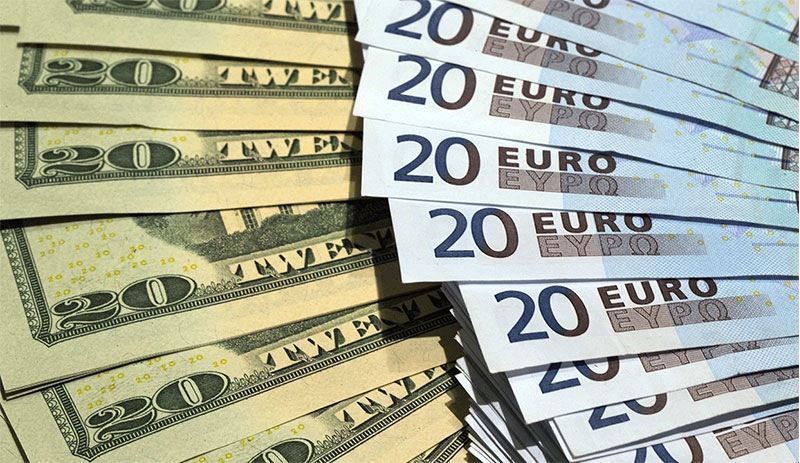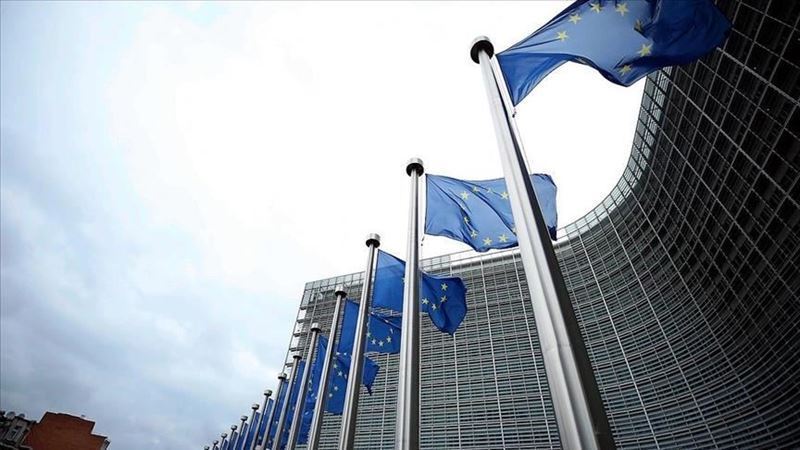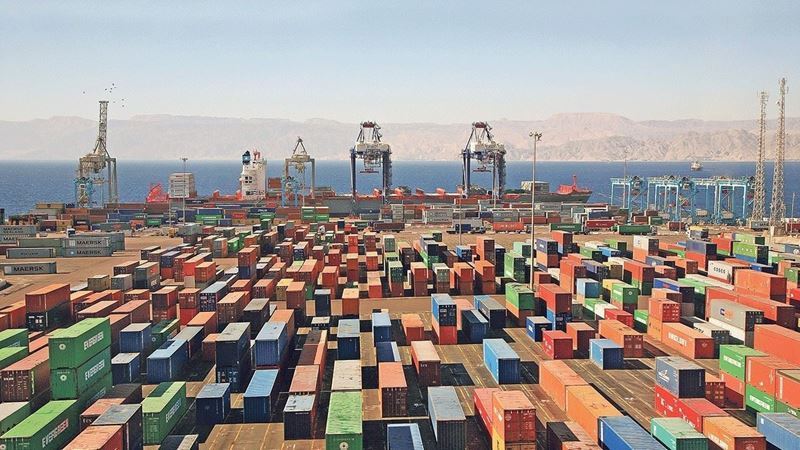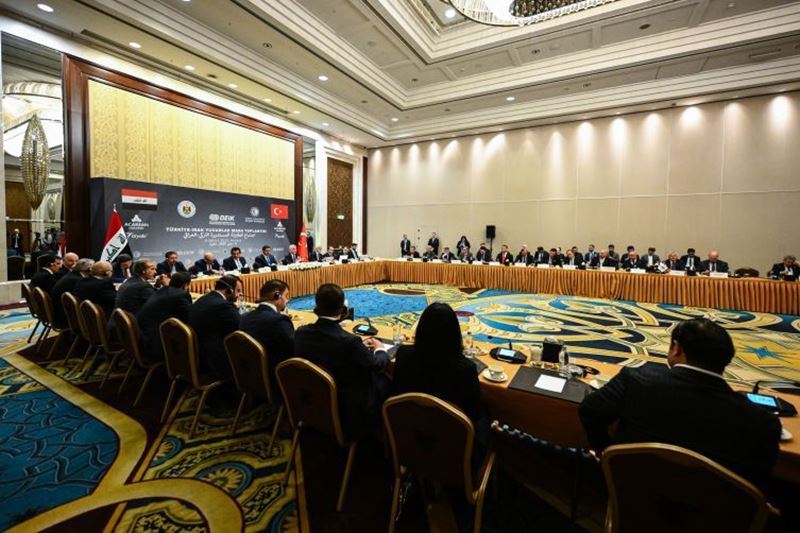The parity is briefly defined as the ratio of the currencies of the countries to each other. It is obtained by dividing the currency value by the value of the other currency.
The dollar is gaining in value in global markets. Euro/Dollar parity has seen its lowest level since 2002. For the first time in 20 years, 1 euro was equaled to 1 dollar.
How are Turkey, Europe and the USA affected by this situation?
EU and US currencies have been hovering at the same value level in recent days. Turkey provides the largest share in exports, especially in the iron and steel industry, with its exports to Europe.
Buying raw materials in dollar terms, Turkish steel producers were gaining an advantageous position by exporting to Europe in Euros.
The falling euro/dollar parity has seriously affected the advantageous steel exports of the Turkish steel industry to Europe.
Turkish producers will have to put more effort into dollar markets in order to increase exports in dollar terms and to reduce the market share of exports made in euro.
When was the last time the euro was equal to the dollar?
The euro had not fallen below $1 since July 15, 2002. In the last week, it has seen a little less than 1 dollar from time to time.
The euro reached an all-time high of $1.18 shortly after its launch on January 1, 1999, but then started a long decline and was leveled at $1 in February 2000.
In October 2000, it reached its lowest level with 82.30 cents. It bounced back above par in 2002 as large trade deficits on Wall Street and accounting scandals put pressure on the dollar.
The dollar remains a safe haven for investors in times of uncertainty.
Why is the euro falling?
Many analysts attribute the euro's decline to expectations of rapid rate hikes by the US Federal Reserve (Fed) to combat inflation, which has reached its highest level in the last 40 years (9.1%).
As the Fed raises interest rates, the rates of interest-bearing investments tend to rise as well.
If the Fed raises rates more than the European Central Bank (ECB), investors are more likely to shift their money from euros to dollars due to higher interest rates. In order for this transaction to take place, investors sell euros and buy dollars, which pulls the euro down and the dollar up.
The ECB also announced that it will raise interest rates next week and add another hike in September. But if the economy goes into recession, that could stop the ECB's rate hikes. Because rising interest rates cause investments in the business world to slow down.
The stronger appearance of the US economy in the last period also means that the Fed may continue to tighten and widen the rate gap.









Comments
No comment yet.